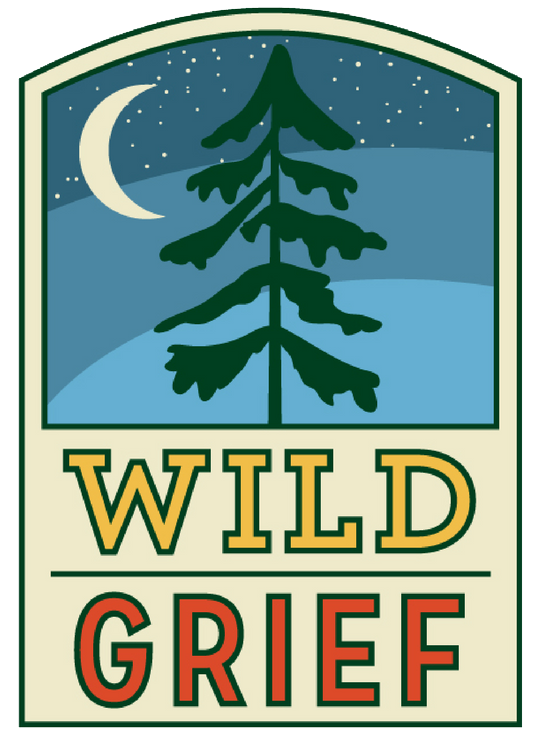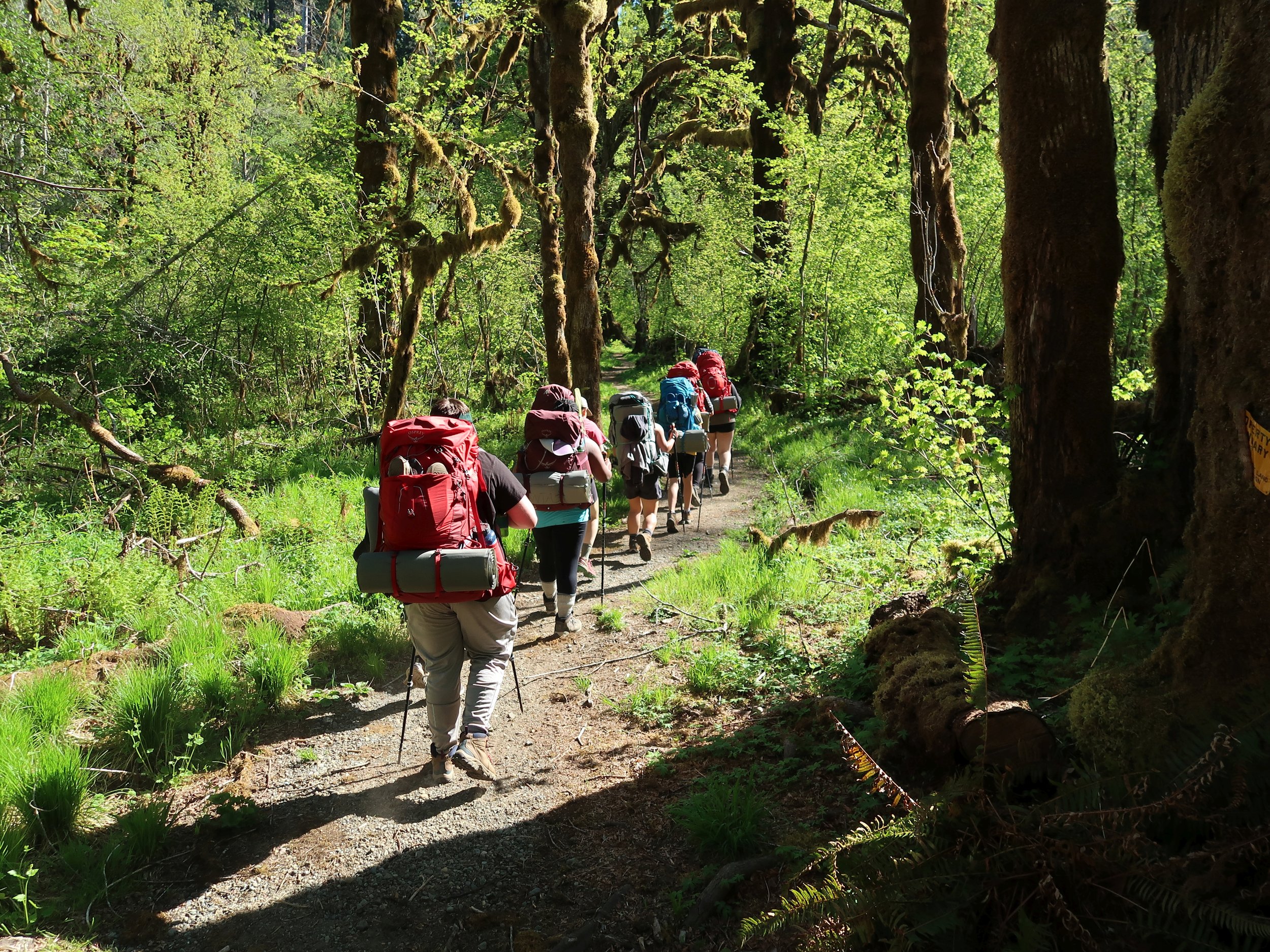by Karen Kirsch
I remember when my children’s father, Mark, died. We had a big snow storm, unusual for the land around the Salish Sea. Everyone was staying home; the world had stopped. I was grateful that the usual demands had been dropped. It felt so right. I was stilling on the couch staring out at the snow and beauty of the trees and deep muffled quiet. Grief demands this of us, stop, be with what is, and feel. It is then, when we are most vulnerable, that it can be hard to set a boundary, to scream to the world it’s time to stop. And it’s when we need it most.
Grief revisits us again and again, months, years, even decades after the event. Grief barged into my life last week and with it, the tenderness, rawness, of Marks death washed over me as well. The sharp painful edges of grief get smoother over time. Like anything we pay close attention to, it changes; dissipates or expands, increases in clarity or ambiguity, or reveals what we initially couldn’t see.
Close up of Cedar bark.
When grief comes, if we can stop, sit and stare at the natural world, and feel all that is arising, we expand our capacity for life, for love. The lichen and the fern, the willow and the cedar, the moth and the coyote, the one who is dear and the stranger, they become equal in value. All priceless.
I am currently living with less stamina, less energy. More than a grief process, it is hitting me as an acceptance process. Yes, I grieve not going for walks yet I love that I can say without shame, I need to rest. But to accept that there is still value in what I do, though the volume is less, is harder some days. It doesn’t matter that I have fought the ideas of production, accumulation and nonstop doing as the valued currency, all of my life. They are in the air we breathe in American culture. I like to breathe the air closer to the trees; the air that has been cleansed of those contaminants. The air that will only nourish, replenish, and fill our bruised and battered lungs with oxygen.
Whether you are grieving a current loss or an old one. I wish you permission to slow down, to be in nature, be it a walk or a glance out the window where a junco flits from branch to branch and we stop to watch. We are nature; it is not separate from us. Except when we separate ourselves from it, with bulldozers or progress or just moving too fast.
As a movement teacher I’m not going to say the answer is to hold still. The grief you carry or the internal despair or agitation needs expression. You may need to let it physically toss you about. When I fling myself on the floor and roll in the intensity of feeling, it’s a natural medicine which wisely over takes me at times. The brisk walk on the trail, the pounding run, all know how to metabolize that which has been held back. Held in. And then the slow, attentive being with and your environment has room. Room to expand horizontally and downward. To erase the sharp line between you and nature. To let arise the feelings, or insights that need more time to reveal themselves. Slow permits us to live where time doesn’t.
We must find new ways to stay in relationship with those who have died. Slow allows space for the attention needed. Be it with the spiral dip of the hawk, the arrogant emergence of a tiny seedling, the scolding of a squirrel, a dragonfly who alights at our side, the insistent voice of rain, or whisper of wind. Nature is the conduit; you are the vessel.
“Slow and down are modes of the soul; they are connective modes, ways of keeping connected to oneself and to one’s environment. Slowing downwards; refers to more than simply moving slowly, it means growing down towards the roots of one’s being. Instead of outward growth and upward climb, life at times must turn inward and downward in order to grow in other ways. There is a shift to the vertical down that re-turns us to root memories, root metaphors, and timeless things that shape our lives from within. Slowing downwards creates opportunities to dwell more deeply in one’s life, for the home we are looking for in this world is within us all along. The lost home that we are seeking is ourselves; it is the story we carry within our soul.”
quote - Michael Meade




